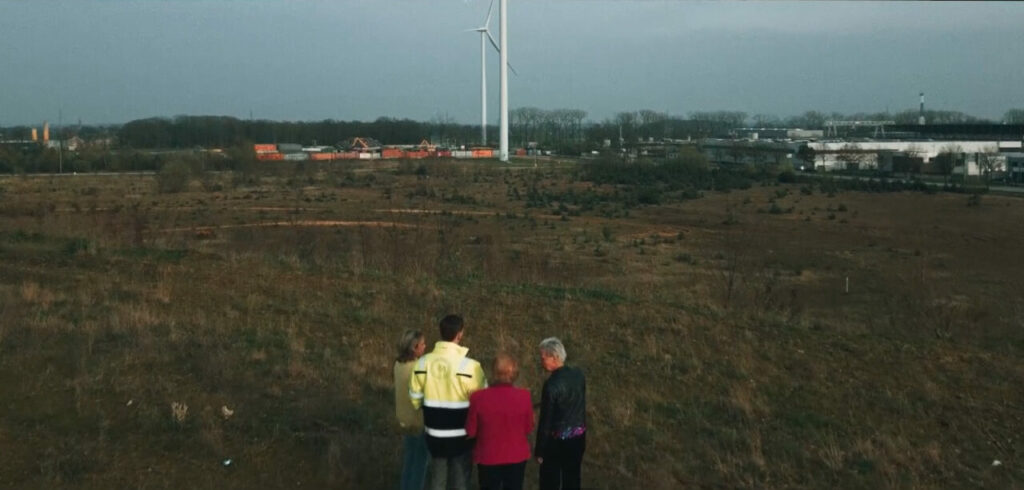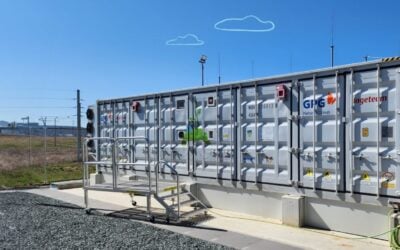
The EU could save €9 billion (US$10 billion) a year in gas costs by deploying BESS to capture excess wind and solar, according to think tank Ember.
The findings are based on its power price and hourly generation mix datasets and were revealed in a recent report tiled ‘EU battery storage is ready for its moment in the sun’.
Enjoy 12 months of exclusive analysis
- Regular insight and analysis of the industry’s biggest developments
- In-depth interviews with the industry’s leading figures
- Annual digital subscription to the PV Tech Power journal
- Discounts on Solar Media’s portfolio of events, in-person and virtual
If Germany had an additional 2GW of battery energy storage systems (BESS) in June 2024 it would have saved €2.5 million in fuel costs that month alone, the report added.
Within the next six years, renewable power will become abundant at certain times in many EU countries, meeting an average of 49% of hourly demand in 2030 compared to 27% in 2023. Renewables will generate more electricity than demand in 4% of hours and more than half of demand in 35% of hours, up more than ten times from the 3% currently.
Deploying more BESS would enable EU countries to meet more demand from renewables in the hours when generation starts to fall, Ember said. Solar is nonetheless increasingly meeting demand in peak hours in some countries, which is detailed in the report which you can access in full here.
IEA: grid upgrades and 1,500GW of storage needed to implement COP28 goals
The International Energy Agency (IEA) recently released its ‘From Taking Stock to Taking Action: How to implement the COP28 energy goals’ report. Its headline figure is that the world needs to deploy 1,500GW of energy storage by 2030 to integrate renewables pipelines, a figure first agreed on by G7 leaders back in May this year.
The IEA report also notes that improving grid accessibility will be crucial to meeting the more ambitious 2030 targets, highlighting that, at the end of 2023, around 3TW of renewable energy capacity was awaiting grid connections globally, roughly equal to the same capacity of renewable power that started commercial operation in the last 15 years.
While this is not a new conclusion per se—DNV noted that global grid capacity needs to grow around 2.5 times by 2050—the IEA report points out that significantly greater grid investment will be crucial to meeting this target. The report notes that annual average grid investment will need to more than double from US$330 billion, seen in recent years, to over US$700 billion by the end of the decade. Nearly more than US$100 billion over what BloombergNEF estimated for annual grid investment in the coming years.
Looking beyond 2030, continued grid investment will also be necessary to meet the world’s long-term climate goals, with the IEA report concluding that around 25 million km of electricity grids will need to be “built or modernised” by 2030 to meet the full implementation scenario, with another 55 million km needed by 2035.
The IEA report notes that greater investment in BESS projects will be required to help add flexibility to these renewable power-driven grids. According to earlier figures from the IEA and Bloomberg New Energy Finance, BESS was the most invested-in energy technology in 2023, demonstrating the growing interest in the BESS sector.
The world will need to increase investments in BESS to meet this goal, however, with the IEA report noting that investment will need to increase to around US$140 billion by 2030, seven times the level seen in recent years, and more than 50% more than the investment earmarked in the STEPS outcome.
The article on the IEA report was originally published on PV Tech.






